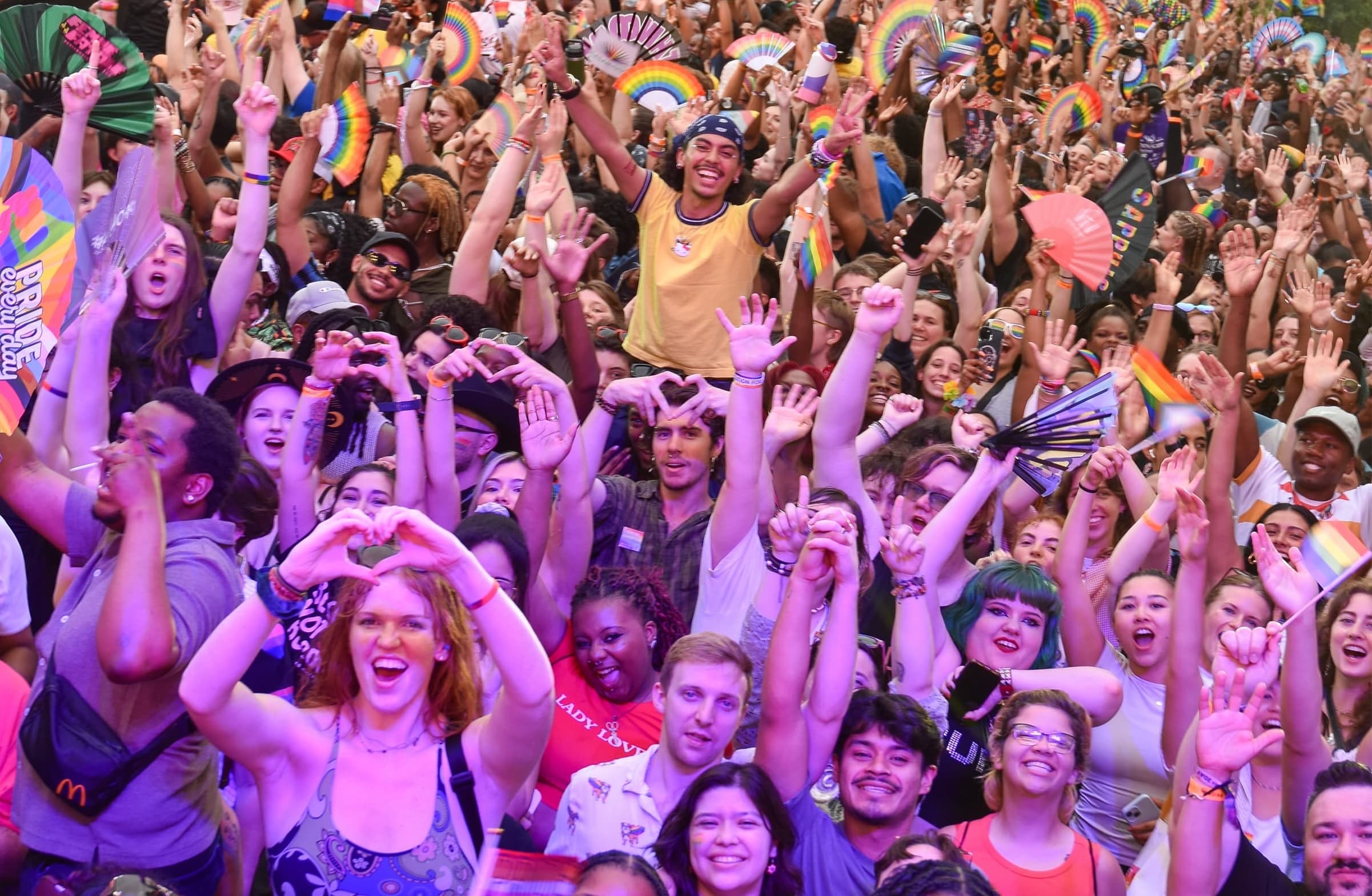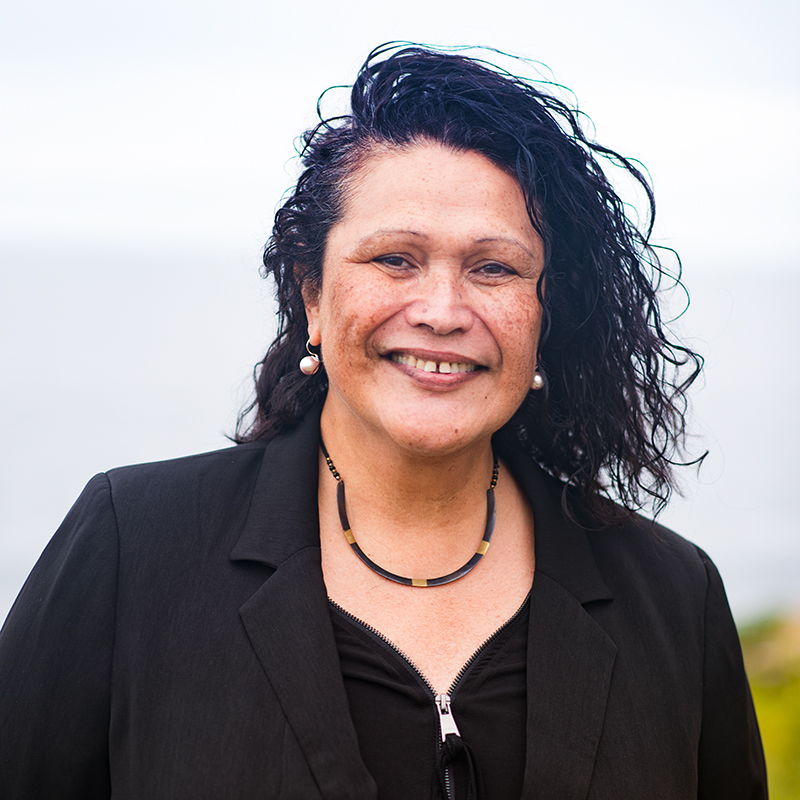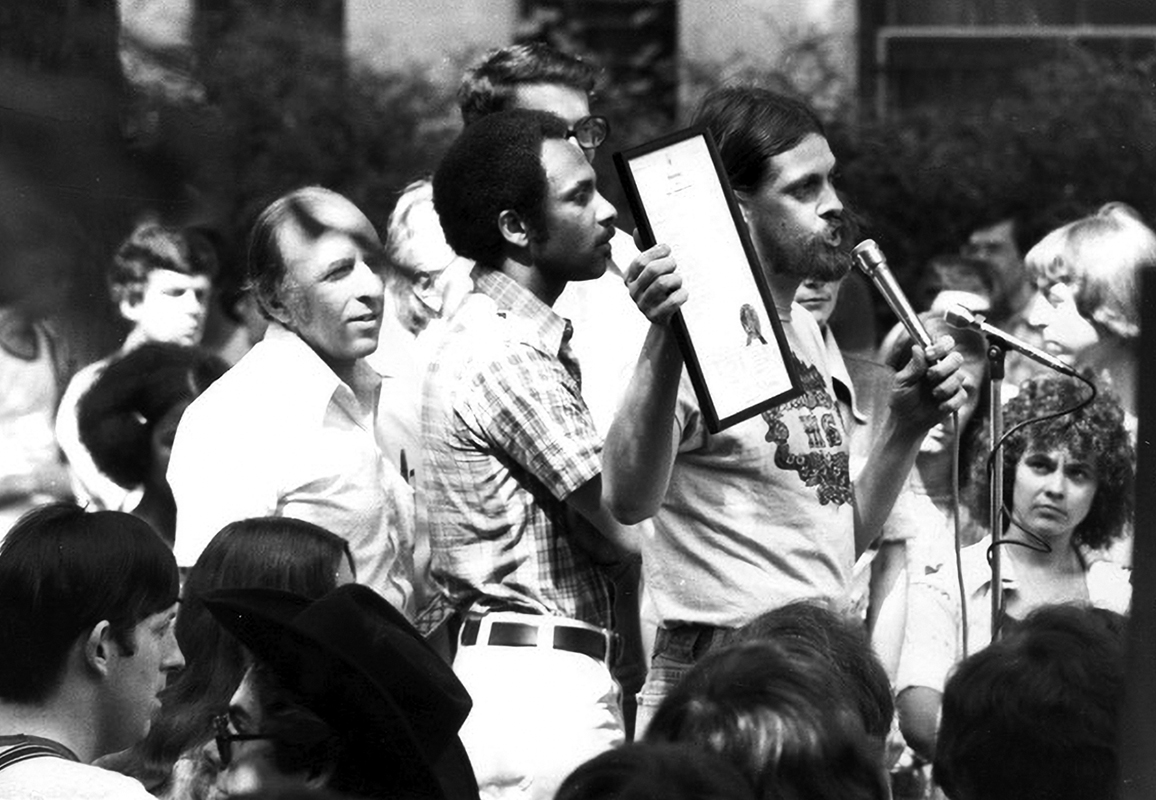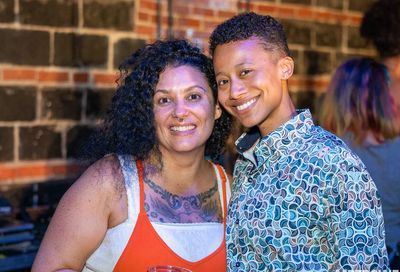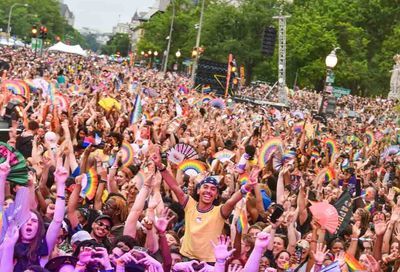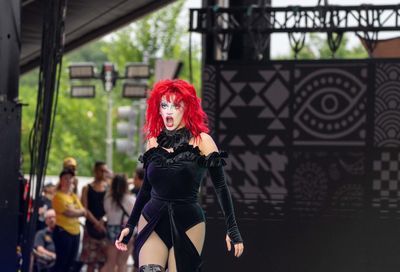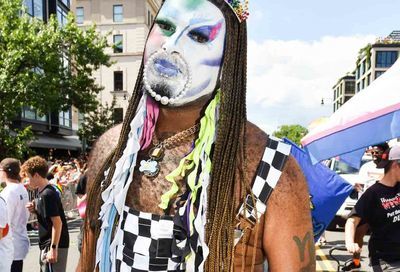Dedicated to D.C.
Gay activist Philip Pannell enters DC 'shadow' senate race
During a town-hall forum focused on the state of the black GLBT community in Washington held earlier this month, a member of the audience asked why, in this heated political season, there were no openly gay, African-American candidates running for office in the nation’s capital.
That question may be indicative of the task ahead of Philip Pannell, who was at the forum that evening.
For decades, Pannell’s has been one of the high-profile faces in both the city’s black and gay communities. The office of shadow senator is, however, not one of the district’s high-profile elected offices. Pannell wants it nonetheless. And he’s put a $51 cap — an amount highlighting the shadow senator’s singular role as an advocate for D.C. statehood and increased voting rights for residents — on individual contributions to his campaign, possibly adding to his burden. Law allows for contributions of up to $2,000, but Pannell says he’s trying to make a point about the viability of grassroots efforts.
During a fundraising picnic May 20, held on the grounds of D.C. Board of Education President Peggy Cooper Cafritz’s estate, the gears of Pannell’s small political machine turned. It may not have seemed like work in this oasis-like setting with its terraced yard with pool, tennis court and three-story children’s tree house. But Pannell’s legendary dedication to activism is not something that can be turned off, no matter how charmed the setting.
”I think for too long our story really hasn’t gotten out nationally, as far as our being disenfranchised, our being second-class citizens,” Pannell offers, sitting on the front porch of Cooper Cafritz’s home, beneath shade trees. ”I’m always amazed when I meet people throughout the country and they are not aware that we do not have voting representation in Congress.”
Despite D.C. citizens’ obligation to pay federal taxes and the sacrifices district residents have made in American military operations abroad, their only representation in Congress is a single, non-voting delegate to the House of Representatives. D.C. voters also elect a ”shadow” delegation of two senators and a representative, though they are not recognized by Congress.
Pannell explains that two things really pushed him to throw his hat into the ring. The first was his experience as a Howard Dean delegate to the Democratic Convention in 2004, when he asked Dean to mention D.C. citizens’ struggle for representation in his convention speech. Dean did not.
”It was more than disappointing,” Pannell recalls. ”I was totally deflated. The progressive Democrat couldn’t find time in his speech to mention the District of Columbia.”
The other shoe fell when Jesse Jackson, himself a former D.C. shadow senator, addressed the convention. ”In his entire speech for the convention, he never mentioned us,” Pannell says. ”That caused my soul to totally implode…. These are people who should be not only our supporters, but our advocates. They’re the ones who should be carrying the banner. If they can’t mention us at the Democratic Convention, how else do you expect our story to get out? We need to raise the political decibel level, the political thermostat, to let folks know this is absolutely wrong…. If we can shed American blood so that the people of Baghdad can have votes in their national legislature, why can’t we have it in the District of Columbia?”
Pannell says that if he elected to the post, he would turn much of his attention to students — both college students moving to D.C., and D.C. students getting ready to leave the city for academic careers in other locales.
”We have all of these colleges and universities here,” says Pannell. ”If we could actually have the students at Georgetown and American and G.W. writing back home to say, ‘This is wrong,’ but also equip the students here in D.C. with the necessary skills to go to their campuses, wherever they are going throughout the country, to spread the word on what’s happening to the people in the nation’s capital. I would like to see a kit developed for our students Â… so that when they get there, they will know how to organize.”
While youth may be key to Pannell’s post-election strategy if he wins, he is already turning to the GLBT community. And the community is responding. For example, he says the National Black Justice Coalition, the only national organization dedicated solely to advocating for the country’s black GLBT community, will be underwriting his tuition to a candidate-training program. That program is offered by the Gay & Lesbian Victory Fund’s Leadership Institute. But Pannell notes that he needs the community behind him for the long haul, both pre- and post-election.
”I really need to get the votes of the LGBT community, because there is a whole flank of people in the African-American community who think that I’m the anti-Christ in terms of my criticism of some of the black pastors regarding homophobic sermons,” he says. ”I would say to my fellow LGBT brothers and sisters, we are the ones who know about the oppression of the closet. We should definitely feel the need for our disenfranchisement to come out of the shadows. And what’s better than a candidate who can make that type of connection? We, in a way, should understand exactly what it means that not only are we facing homophobic oppression on a daily basis in our society, but then you have those of us living in the District of Columbia, which means we’re also second-class citizens.”
Pannell says conservative Republicans have reasons they oppose statehood, though they may not voice them openly.
”They don’t want to say this, but it’s [because D.C. is] too Democratic, too urban, too liberal. Some folks will say it’s too African-American. If there was any chance of getting a gay or lesbian in the Senate, if the District of Columbia were able to elect one, that would open that up for this community.”
Whether Pannell is the shadow senator who will push that agenda for D.C. will largely be decided Sept. 12, in the Democratic primary.
”We’re probably going to see the highest turnout in a Democratic primary in a non-presidential year than we’ve seen since Home Rule,” Pannell guesses. ”And I’m campaigning just as hard as some of the candidates who are running for mayor or City Council, even though I’d get no compensation. I wouldn’t put my name on the ballot and not give it my best.”
Philip Pannell’s campaign may be reached at 202-562-2726, or at philip.pannell@verizon.net.
Support Metro Weekly’s Journalism
These are challenging times for news organizations. And yet it’s crucial we stay active and provide vital resources and information to both our local readers and the world. So won’t you please take a moment and consider supporting Metro Weekly with a membership? For as little as $5 a month, you can help ensure Metro Weekly magazine and MetroWeekly.com remain free, viable resources as we provide the best, most diverse, culturally-resonant LGBTQ coverage in both the D.C. region and around the world. Memberships come with exclusive perks and discounts, your own personal digital delivery of each week’s magazine (and an archive), access to our Member's Lounge when it launches this fall, and exclusive members-only items like Metro Weekly Membership Mugs and Tote Bags! Check out all our membership levels here and please join us today!








